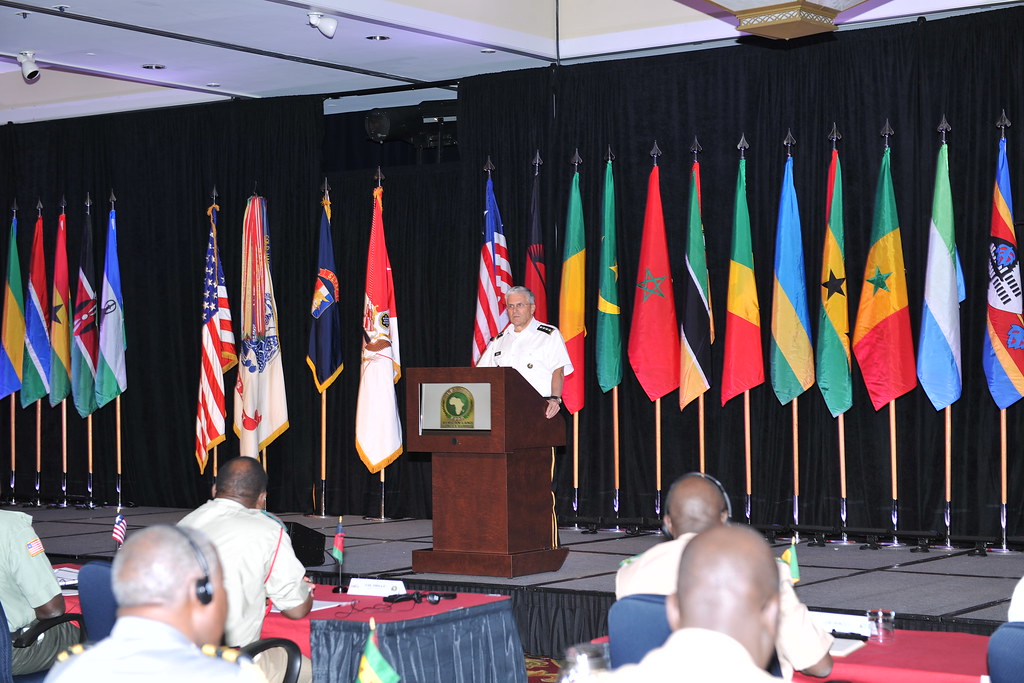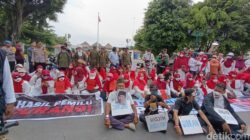The Civil Services Academy (CSA), in collaboration with the Pakistan PSEA Network Community, and under the guidance of the UN Resident Coordinator’s Office, organised a two-day national workshop titled ‘PSEA as a leadership responsibility’, on Thursday. The workshop was attended by over 80 participants, including representatives from the judiciary, government departments, academic institutions, private sector, as well as the CSA faculty and trainee officers. The workshop aimed to strengthen understanding and implementation of the core standards related to ‘Protection from Sexual Exploitation and Abuse (PSEA)’. The participants received advanced training on UN core PSEA principles including survivor-centered approaches, case handling procedures, and institutional compliance frameworks. The session addressed the pressing issue of sexual exploitation and abuse (SEA) within professional and institutional environments.
The workshop also provided a platform for dialogue among legal, administrative and academic professionals on improving institutional responses and accountability frameworks. Discussions focused on integrating the PSEA principles into internal codes of conduct, policies and training curricula, particularly within public sector and educational institutions.
Highlighting the urgency of the matter, recent data shared by the Federal Ombudsperson for Protection Against Harassment revealed that over 6,500 workplace harassment cases were registered between 2018 and 2023. Alarmingly, more than 20 per cent of such cases in 2023 emerged from educational institutions.
Tolong support kita ya,
Cukup klik ini aja: https://indonesiacrowd.com/support-bonus/
Director General CSA Farhan Aziz Khawaja underscored that protecting individuals from sexual exploitation and abuse is not just a legal mandate but a crucial measure of ethical leadership. ‘Institutions must move from compliance to culture – one that centres the dignity and safety of every individual,’ he stated. He further emphasised the need for trust-based reporting mechanisms to overcome barriers in reporting SEA cases.
The participants acknowledged the progress made so far, but also stressed the importance of sustained efforts to enhance institutional safeguards and foster a culture of zero tolerance for abuse and exploitation.
Provided by SyndiGate Media Inc. (
Syndigate.info
).







